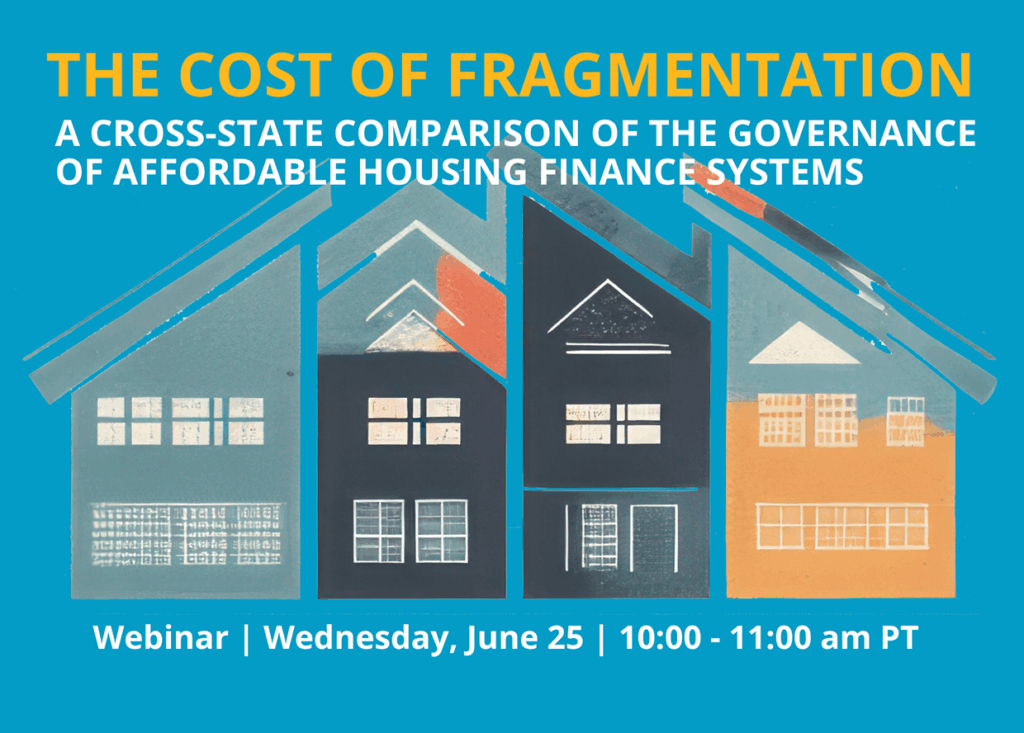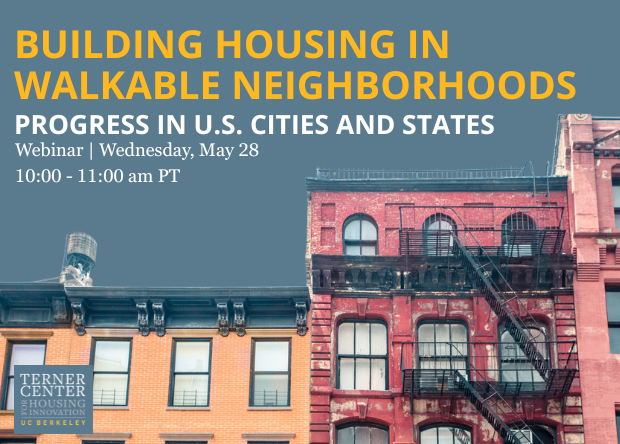Decarbonizing Affordable Housing: Policy, Practice, and Financing Pathways
Published On June 30, 2025
Across the United States, retrofitting subsidized affordable housing to reduce energy use and increase climate resilience is critical to advance climate, health, and equity goals. Yet these efforts face persistent challenges. Securing financing for retrofits remains complex, particularly for smaller, community-based organizations with limited capacity. Implementation hurdles—such as retrofitting buildings that have existing residents or navigating multiple agencies to secure funding and permits—can further complicate progress. Meanwhile, recent rollbacks of federal climate investments, despite an increase in events like wildfires and flooding, have created an uncertain policy landscape.
This webinar brought together experts to explore strategies for scaling energy efficiency and climate resilience in subsidized housing. Panelists discussed how local and state actors can sustain momentum in the face of federal retrenchment, what funding and regulatory reforms are needed to overcome persistent challenges, and how to prioritize tenant outcomes in planning and implementation.
Panelists included:
- Carolina Reid, Faculty Research Advisor, Terner Center for Housing Innovation (Moderator)
- Andrew Dawson, Senior Manager of Policy Advocacy, California Housing Partnership
- John Moon, President, LISC Green
- Amy Stitely, Undersecretary for Strategy & Climate at Executive Office of Housing & Livable Communities, Massachusetts
- Michelle Tran, Sustainability Manager, Chinatown Community Development Center
The webinar was made possible through generous support from the Wells Fargo Foundation.





